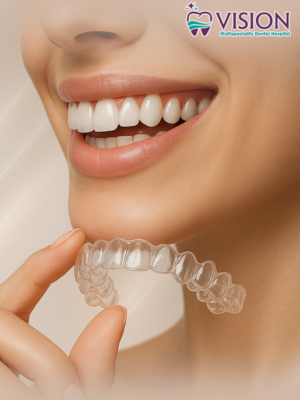
Aligners
Mouth Ulcers
Mouth ulcers, also known as canker sores, are common oral lesions that cause discomfort and pain. They appear as small, round, or oval sores inside the mouth, including the cheeks, lips, tongue, and gums. While mouth ulcers are not contagious, they can be bothersome, affecting eating, drinking, and speaking. Understanding their causes, treatment options, and preventive measures can help manage and reduce their occurrence.
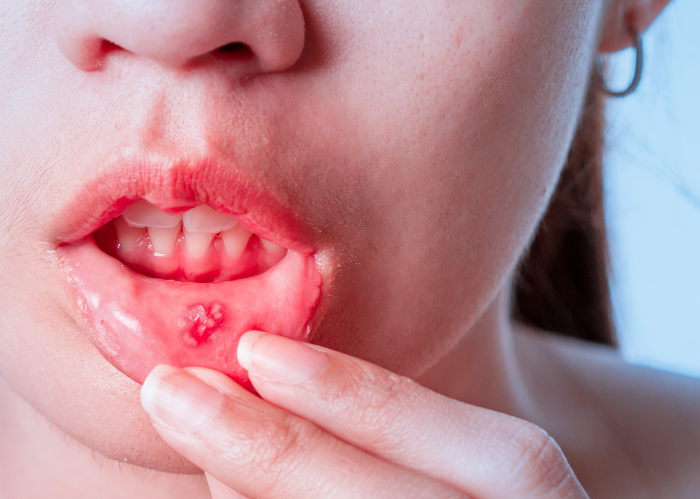
Mouth ulcers are painful sores that typically have a white or yellowish center with a red border. They vary in size and can be classified into three types:
- Minor ulcers – Small and heal within one to two weeks without scarring.
- Major ulcers – Larger, deeper, and take longer to heal, sometimes leaving scars.
- Herpetiform ulcers – Multiple small ulcers that merge into a larger sore, usually seen in people with recurring ulcer issues.
Mouth ulcers can develop due to various reasons, including lifestyle factors, nutritional deficiencies, and medical conditions. Some common causes include:
1. Injury or Trauma- Accidental biting of the cheek or tongue
- Dental procedures or poorly fitting dentures
- Braces or sharp-edged teeth
- Lack of vitamin B12, iron, folic acid, and zinc can contribute to frequent ulcers.
- Emotional stress and hormonal imbalances, particularly in women, may trigger mouth ulcers.
- Consumption of foods like citrus fruits, tomatoes, and spicy dishes can aggravate or trigger ulcers.
- Autoimmune diseases such as Crohn’s disease, celiac disease, and lupus
- Viral infections, including the herpes simplex virus
- Deficiencies caused by gastrointestinal disorders
Most mouth ulcers heal on their own within one to two weeks. However, treatments can help relieve pain, speed up healing, and prevent infections.
Advanced Medications for Mouth Ulcers- Topical Gels and Ointments
- Benzocaine, lidocaine, or choline salicylate gels provide immediate pain relief.
- Corticosteroid Treatments
- Prescribed steroid-based gels (e.g., triamcinolone acetonide) help reduce inflammation and speed healing.
- Antiseptic Mouthwashes
- Chlorhexidine or hydrogen peroxide mouthwashes prevent secondary infections.
- Oral Medications
- If ulcers are severe and recurrent, systemic treatments like colchicine or corticosteroids may be prescribed.
- Laser Therapy
- Advanced low-level laser therapy helps accelerate healing and reduce pain. If you’re searching for advanced mouth ulcer treatment near me, our dental experts at Vision Multispeciality Dental Hospital, Guntur offer state-of-the-art laser solutions.
If you prefer natural remedies, these options can provide relief:
- Saltwater Rinse – Gargling with warm salt water reduces bacteria and soothes pain.
- Aloe Vera Gel – Known for its healing properties, aloe vera helps reduce inflammation.
- Honey Application – Honey has natural antibacterial properties that promote healing.
- Coconut Oil – Acts as an anti-inflammatory and antimicrobial agent.
- Turmeric Paste – A natural antiseptic that reduces pain and swelling.
- Clove Oil – Contains eugenol, which numbs pain and fights bacteria.
Prevention is always better than cure. Here are some preventive tips to reduce the chances of developing mouth ulcers:
- Maintain Good Oral Hygiene
- Brush with a soft-bristled toothbrush and use an alcohol-free mouthwash.
- Avoid Trigger Foods
- Reduce intake of spicy, acidic, and hard foods that can irritate the mouth.
- Stay Hydrated
- Drink plenty of water to keep the mouth moist and prevent dryness.
- Manage Stress
- Practice relaxation techniques like yoga and meditation.
- Boost Immunity
- Ensure a balanced diet rich in vitamins and minerals to prevent deficiencies.
- Regular Dental Check-ups
- Visit your dentist regularly to identify and address any oral health issues early.
When to See a Dentist?
If your mouth ulcers are persistent, extremely painful, or frequently recurring, it is best to consult a dentist. You should seek professional help if:
- Ulcers last more than two weeks.
- You experience difficulty eating, drinking, or speaking due to pain.
- There are large, deep, or spreading ulcers.
- You notice unusual symptoms like fever, swollen lymph nodes, or weight loss.
If you are looking for the best dentist in Guntur or the best dental hospital for mouth ulcers in Guntur, look no further than Vision Multispeciality Dental Hospital. Our specialists provide advanced mouth ulcer treatment in Guntur, ensuring quick relief and effective solutions.
Meet Our Specialists: Dr. Abhilash & Dr. LathasreeAt Vision Multispeciality Dental Hospital, Guntur, Dr. Abhilash and Dr. Lathasree are committed to providing expert care for patients suffering from mouth ulcers.
- Dr. Abhilash specializes in treating oral lesions and dental conditions using modern techniques, including laser therapy for quicker healing and pain relief.
- Dr. Lathasree, an expert in oral medicine and preventive care, focuses on diagnosing underlying causes and offering holistic treatment plans for patients with recurring ulcers.
Their combined expertise makes Vision Multispeciality Dental Hospital the best dental clinic in Guntur for treating mouth ulcers with cutting-edge technology.
If you are suffering from mouth ulcers, don’t ignore them. Book an appointment with us today and get expert treatment for fast and effective relief
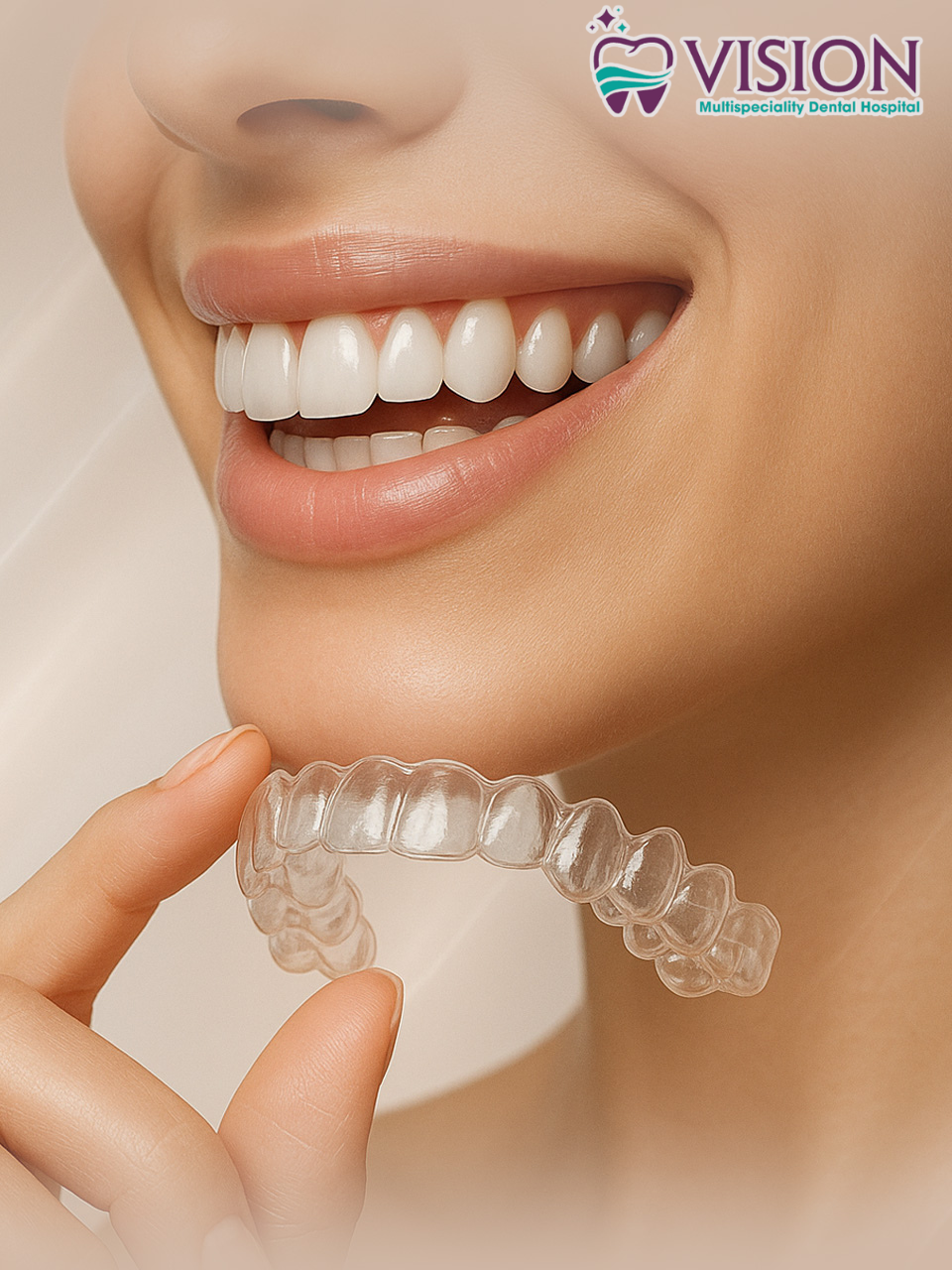
Aligners
Mouth Ulcers
Mouth ulcers, also known as canker sores, are common oral lesions that cause discomfort and pain. They appear as small, round, or oval sores inside the mouth, including the cheeks, lips, tongue, and gums. While mouth ulcers are not contagious, they can be bothersome, affecting eating, drinking, and speaking. Understanding their causes, treatment options, and preventive measures can help manage and reduce their occurrence.

Mouth ulcers are painful sores that typically have a white or yellowish center with a red border. They vary in size and can be classified into three types:
- Minor ulcers – Small and heal within one to two weeks without scarring.
- Major ulcers – Larger, deeper, and take longer to heal, sometimes leaving scars.
- Herpetiform ulcers – Multiple small ulcers that merge into a larger sore, usually seen in people with recurring ulcer issues.
Mouth ulcers can develop due to various reasons, including lifestyle factors, nutritional deficiencies, and medical conditions. Some common causes include:
1. Injury or Trauma- Accidental biting of the cheek or tongue
- Dental procedures or poorly fitting dentures
- Braces or sharp-edged teeth
- Lack of vitamin B12, iron, folic acid, and zinc can contribute to frequent ulcers.
- Emotional stress and hormonal imbalances, particularly in women, may trigger mouth ulcers.
- Consumption of foods like citrus fruits, tomatoes, and spicy dishes can aggravate or trigger ulcers.
- Autoimmune diseases such as Crohn’s disease, celiac disease, and lupus
- Viral infections, including the herpes simplex virus
- Deficiencies caused by gastrointestinal disorders
Most mouth ulcers heal on their own within one to two weeks. However, treatments can help relieve pain, speed up healing, and prevent infections.
Advanced Medications for Mouth Ulcers- Topical Gels and Ointments
- Benzocaine, lidocaine, or choline salicylate gels provide immediate pain relief.
- Corticosteroid Treatments
- Prescribed steroid-based gels (e.g., triamcinolone acetonide) help reduce inflammation and speed healing.
- Antiseptic Mouthwashes
- Chlorhexidine or hydrogen peroxide mouthwashes prevent secondary infections.
- Oral Medications
- If ulcers are severe and recurrent, systemic treatments like colchicine or corticosteroids may be prescribed.
- Laser Therapy
- Advanced low-level laser therapy helps accelerate healing and reduce pain. If you’re searching for advanced mouth ulcer treatment near me, our dental experts at Vision Multispeciality Dental Hospital, Guntur offer state-of-the-art laser solutions.
If you prefer natural remedies, these options can provide relief:
- Saltwater Rinse – Gargling with warm salt water reduces bacteria and soothes pain.
- Aloe Vera Gel – Known for its healing properties, aloe vera helps reduce inflammation.
- Honey Application – Honey has natural antibacterial properties that promote healing.
- Coconut Oil – Acts as an anti-inflammatory and antimicrobial agent.
- Turmeric Paste – A natural antiseptic that reduces pain and swelling.
- Clove Oil – Contains eugenol, which numbs pain and fights bacteria.
Prevention is always better than cure. Here are some preventive tips to reduce the chances of developing mouth ulcers:
- Maintain Good Oral Hygiene
- Brush with a soft-bristled toothbrush and use an alcohol-free mouthwash.
- Avoid Trigger Foods
- Reduce intake of spicy, acidic, and hard foods that can irritate the mouth.
- Stay Hydrated
- Drink plenty of water to keep the mouth moist and prevent dryness.
- Manage Stress
- Practice relaxation techniques like yoga and meditation.
- Boost Immunity
- Ensure a balanced diet rich in vitamins and minerals to prevent deficiencies.
- Regular Dental Check-ups
- Visit your dentist regularly to identify and address any oral health issues early.
When to See a Dentist?
If your mouth ulcers are persistent, extremely painful, or frequently recurring, it is best to consult a dentist. You should seek professional help if:
- Ulcers last more than two weeks.
- You experience difficulty eating, drinking, or speaking due to pain.
- There are large, deep, or spreading ulcers.
- You notice unusual symptoms like fever, swollen lymph nodes, or weight loss.
If you are looking for the best dentist in Guntur or the best dental hospital for mouth ulcers in Guntur, look no further than Vision Multispeciality Dental Hospital. Our specialists provide advanced mouth ulcer treatment in Guntur, ensuring quick relief and effective solutions.
Meet Our Specialists: Dr. Abhilash & Dr. LathasreeAt Vision Multispeciality Dental Hospital, Guntur, Dr. Abhilash and Dr. Lathasree are committed to providing expert care for patients suffering from mouth ulcers.
- Dr. Abhilash specializes in treating oral lesions and dental conditions using modern techniques, including laser therapy for quicker healing and pain relief.
- Dr. Lathasree, an expert in oral medicine and preventive care, focuses on diagnosing underlying causes and offering holistic treatment plans for patients with recurring ulcers.
Their combined expertise makes Vision Multispeciality Dental Hospital the best dental clinic in Guntur for treating mouth ulcers with cutting-edge technology.
If you are suffering from mouth ulcers, don’t ignore them. Book an appointment with us today and get expert treatment for fast and effective relief
📝 Latest Comments
Name: Stephan Reyes
Comment: Using herbal natural remedy was what got me tested negative to HSV 2 after being diagnosed for years. I have spent so much funds on medications like acyclovir (Zovirax), Famciclovir (Famvir), and Valacyclovir (Valtrex). But it was all a waste of time and my symptoms got worse. To me It is very bad what Big pharma are doing, It’s also crucial to learn as much as you can about your diagnosis. Seek options reach out to👇👇👇👇 WORLD REHABILITATE CLINIC
Name: Rose C Moss
Comment: Powerful Herbal treatment is 100% guarantee for HSV cure, the reason why most people are finding it difficult to cure HSV 1 or 2 is because they believe on medical report, drugs and medical treatments which is not helpful to cure HSV and hasn't proved any sign of helping. Natural roots/herbs are the best remedy which can easily eradicate herpes forever. I never believed it until I was helped and cured of my 16 months genital herpes with natural herbal medicines from Dr Sikies. Where other medical prescribed drugs and treatments failed, Dr Sikies natural herbs helped saved me from Genital herpes permanently and I’m so grateful for this. You can also get help from this great and powerful Herbalist Dr Sikies by reaching himon Email: drsikies@gmail.com / WhatsApp +2348163430143 website to make order now : https://drsikiesherbalcuremedicine.weebly.com/
Mouth Ulcers
Mouth ulcers, also known as canker sores, are common oral lesions that cause discomfort and pain. They appear as small, round, or oval sores inside the mouth, including the cheeks, lips, tongue, and gums. While mouth ulcers are not contagious, they can be bothersome, affecting eating, drinking, and speaking. Understanding their causes, treatment options, and preventive measures can help manage and reduce their occurrence.

Mouth ulcers are painful sores that typically have a white or yellowish center with a red border. They vary in size and can be classified into three types:
- Minor ulcers – Small and heal within one to two weeks without scarring.
- Major ulcers – Larger, deeper, and take longer to heal, sometimes leaving scars.
- Herpetiform ulcers – Multiple small ulcers that merge into a larger sore, usually seen in people with recurring ulcer issues.
Mouth ulcers can develop due to various reasons, including lifestyle factors, nutritional deficiencies, and medical conditions. Some common causes include:
1. Injury or Trauma- Accidental biting of the cheek or tongue
- Dental procedures or poorly fitting dentures
- Braces or sharp-edged teeth
- Lack of vitamin B12, iron, folic acid, and zinc can contribute to frequent ulcers.
- Emotional stress and hormonal imbalances, particularly in women, may trigger mouth ulcers.
- Consumption of foods like citrus fruits, tomatoes, and spicy dishes can aggravate or trigger ulcers.
- Autoimmune diseases such as Crohn’s disease, celiac disease, and lupus
- Viral infections, including the herpes simplex virus
- Deficiencies caused by gastrointestinal disorders
Most mouth ulcers heal on their own within one to two weeks. However, treatments can help relieve pain, speed up healing, and prevent infections.
Advanced Medications for Mouth Ulcers- Topical Gels and Ointments
- Benzocaine, lidocaine, or choline salicylate gels provide immediate pain relief.
- Corticosteroid Treatments
- Prescribed steroid-based gels (e.g., triamcinolone acetonide) help reduce inflammation and speed healing.
- Antiseptic Mouthwashes
- Chlorhexidine or hydrogen peroxide mouthwashes prevent secondary infections.
- Oral Medications
- If ulcers are severe and recurrent, systemic treatments like colchicine or corticosteroids may be prescribed.
- Laser Therapy
- Advanced low-level laser therapy helps accelerate healing and reduce pain. If you’re searching for advanced mouth ulcer treatment near me, our dental experts at Vision Multispeciality Dental Hospital, Guntur offer state-of-the-art laser solutions.
If you prefer natural remedies, these options can provide relief:
- Saltwater Rinse – Gargling with warm salt water reduces bacteria and soothes pain.
- Aloe Vera Gel – Known for its healing properties, aloe vera helps reduce inflammation.
- Honey Application – Honey has natural antibacterial properties that promote healing.
- Coconut Oil – Acts as an anti-inflammatory and antimicrobial agent.
- Turmeric Paste – A natural antiseptic that reduces pain and swelling.
- Clove Oil – Contains eugenol, which numbs pain and fights bacteria.
Prevention is always better than cure. Here are some preventive tips to reduce the chances of developing mouth ulcers:
- Maintain Good Oral Hygiene
- Brush with a soft-bristled toothbrush and use an alcohol-free mouthwash.
- Avoid Trigger Foods
- Reduce intake of spicy, acidic, and hard foods that can irritate the mouth.
- Stay Hydrated
- Drink plenty of water to keep the mouth moist and prevent dryness.
- Manage Stress
- Practice relaxation techniques like yoga and meditation.
- Boost Immunity
- Ensure a balanced diet rich in vitamins and minerals to prevent deficiencies.
- Regular Dental Check-ups
- Visit your dentist regularly to identify and address any oral health issues early.
When to See a Dentist?
If your mouth ulcers are persistent, extremely painful, or frequently recurring, it is best to consult a dentist. You should seek professional help if:
- Ulcers last more than two weeks.
- You experience difficulty eating, drinking, or speaking due to pain.
- There are large, deep, or spreading ulcers.
- You notice unusual symptoms like fever, swollen lymph nodes, or weight loss.
If you are looking for the best dentist in Guntur or the best dental hospital for mouth ulcers in Guntur, look no further than Vision Multispeciality Dental Hospital. Our specialists provide advanced mouth ulcer treatment in Guntur, ensuring quick relief and effective solutions.
Meet Our Specialists: Dr. Abhilash & Dr. LathasreeAt Vision Multispeciality Dental Hospital, Guntur, Dr. Abhilash and Dr. Lathasree are committed to providing expert care for patients suffering from mouth ulcers.
- Dr. Abhilash specializes in treating oral lesions and dental conditions using modern techniques, including laser therapy for quicker healing and pain relief.
- Dr. Lathasree, an expert in oral medicine and preventive care, focuses on diagnosing underlying causes and offering holistic treatment plans for patients with recurring ulcers.
Their combined expertise makes Vision Multispeciality Dental Hospital the best dental clinic in Guntur for treating mouth ulcers with cutting-edge technology.
If you are suffering from mouth ulcers, don’t ignore them. Book an appointment with us today and get expert treatment for fast and effective relief
📝 Latest Comments
Name: Stephan Reyes
Comment: Using herbal natural remedy was what got me tested negative to HSV 2 after being diagnosed for years. I have spent so much funds on medications like acyclovir (Zovirax), Famciclovir (Famvir), and Valacyclovir (Valtrex). But it was all a waste of time and my symptoms got worse. To me It is very bad what Big pharma are doing, It’s also crucial to learn as much as you can about your diagnosis. Seek options reach out to👇👇👇👇 WORLD REHABILITATE CLINIC
Name: Rose C Moss
Comment: Powerful Herbal treatment is 100% guarantee for HSV cure, the reason why most people are finding it difficult to cure HSV 1 or 2 is because they believe on medical report, drugs and medical treatments which is not helpful to cure HSV and hasn't proved any sign of helping. Natural roots/herbs are the best remedy which can easily eradicate herpes forever. I never believed it until I was helped and cured of my 16 months genital herpes with natural herbal medicines from Dr Sikies. Where other medical prescribed drugs and treatments failed, Dr Sikies natural herbs helped saved me from Genital herpes permanently and I’m so grateful for this. You can also get help from this great and powerful Herbalist Dr Sikies by reaching himon Email: drsikies@gmail.com / WhatsApp +2348163430143 website to make order now : https://drsikiesherbalcuremedicine.weebly.com/

Aligners

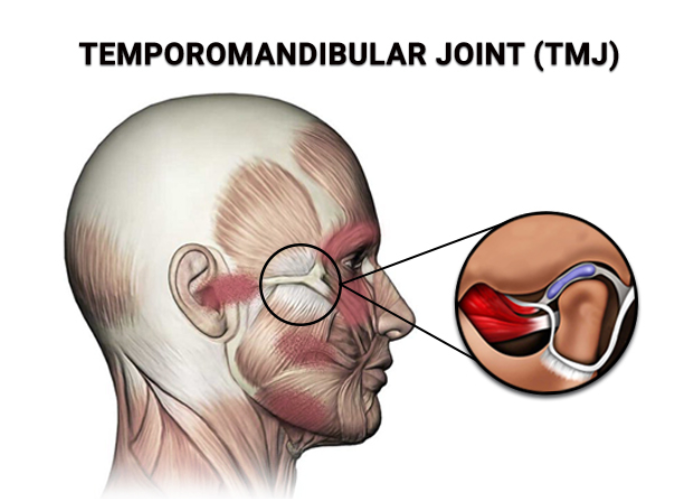
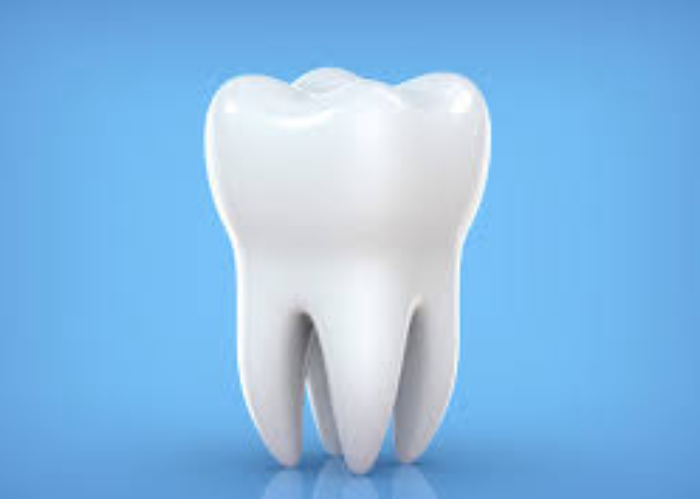
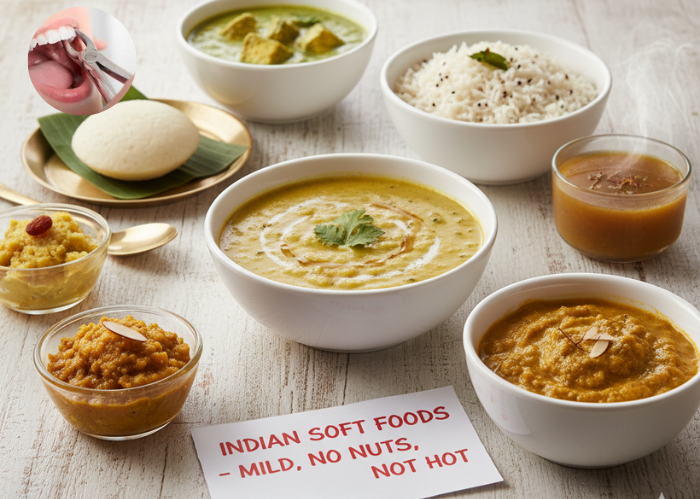
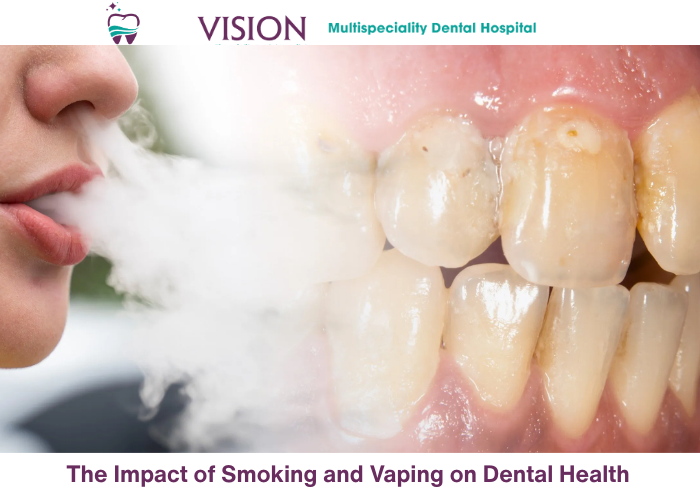
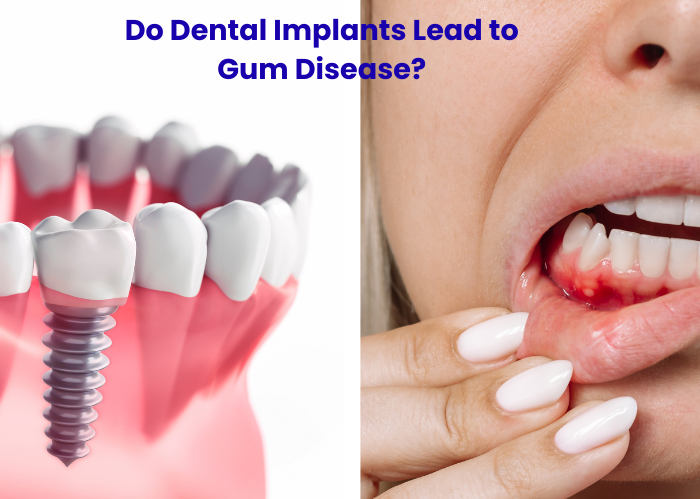

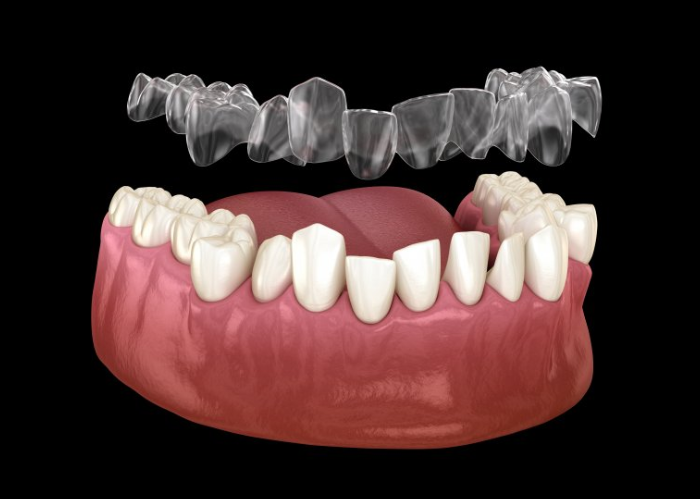
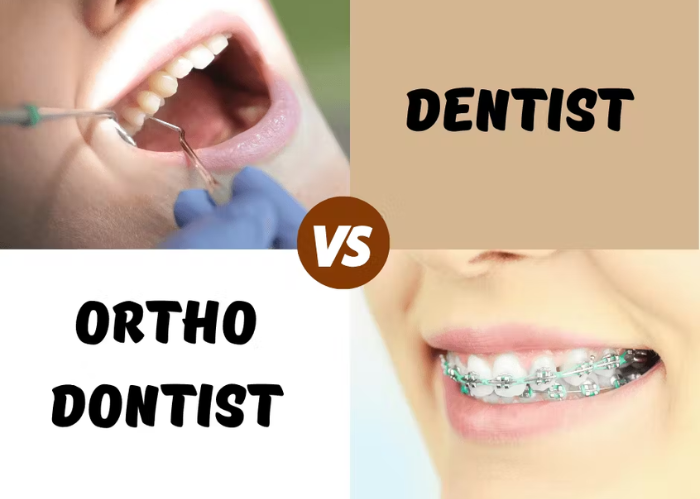
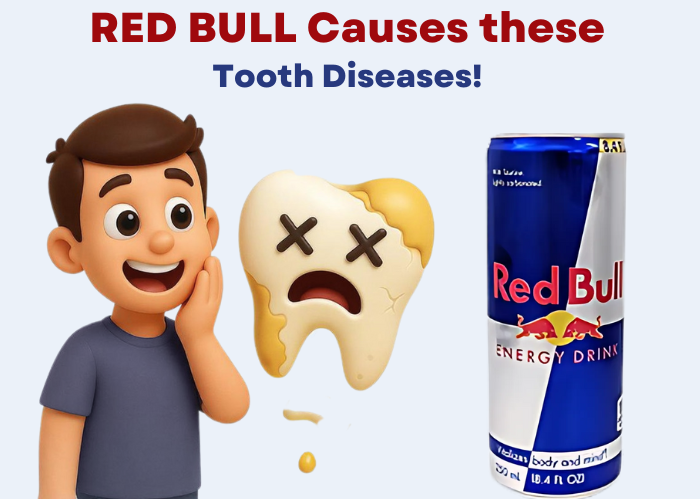
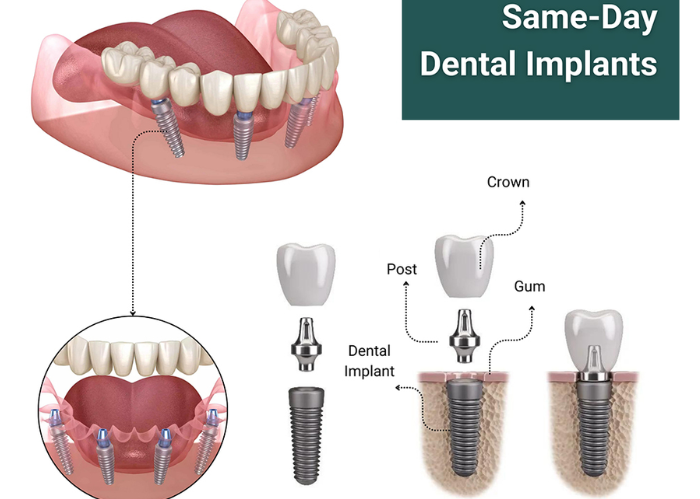
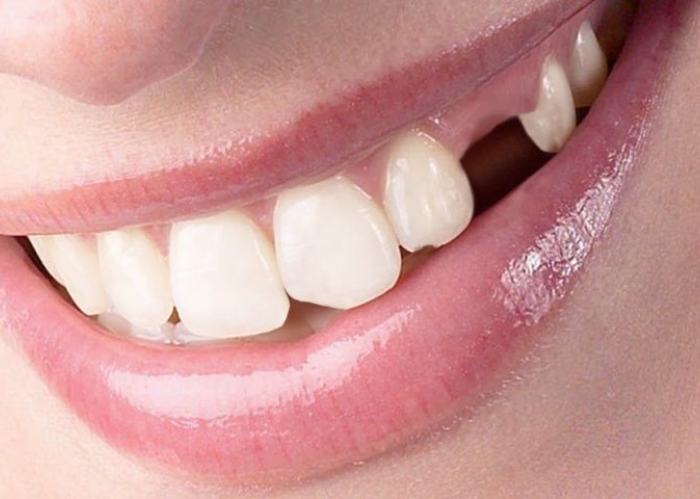
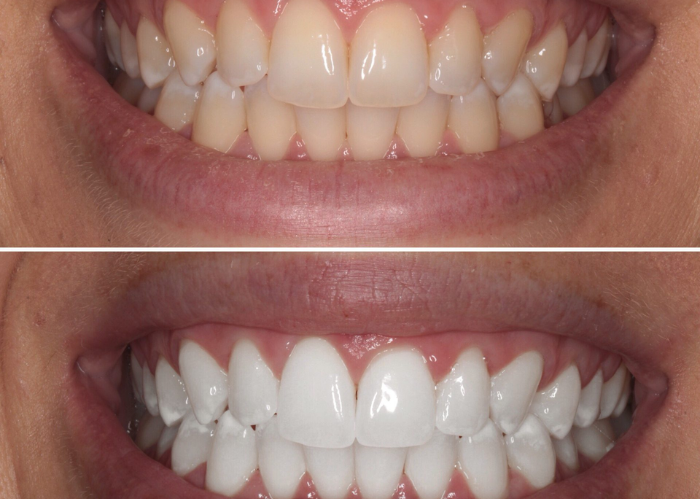


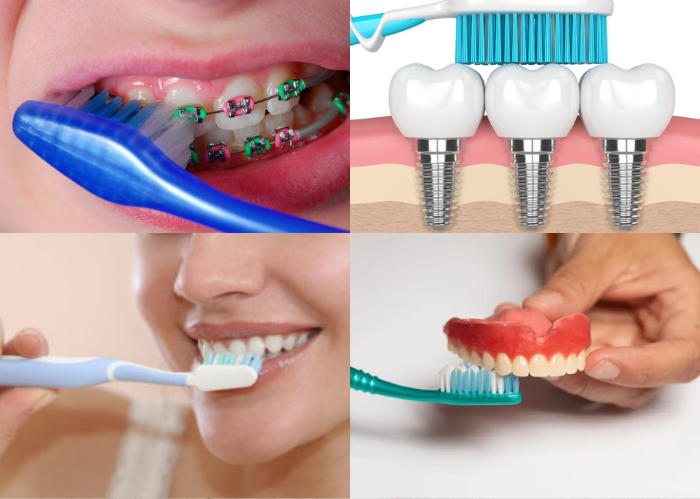
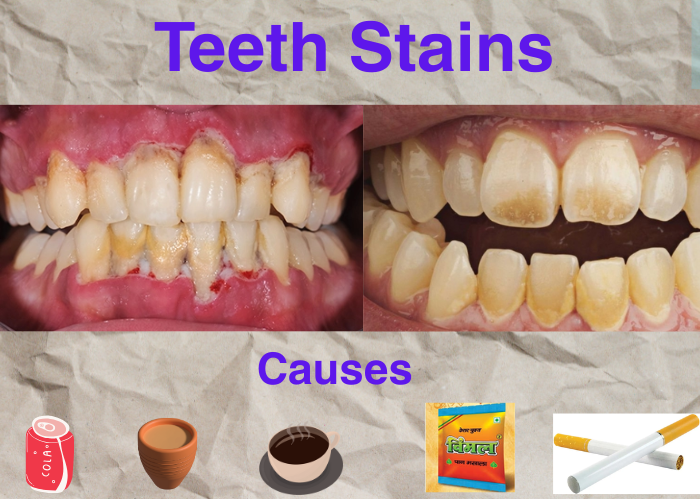
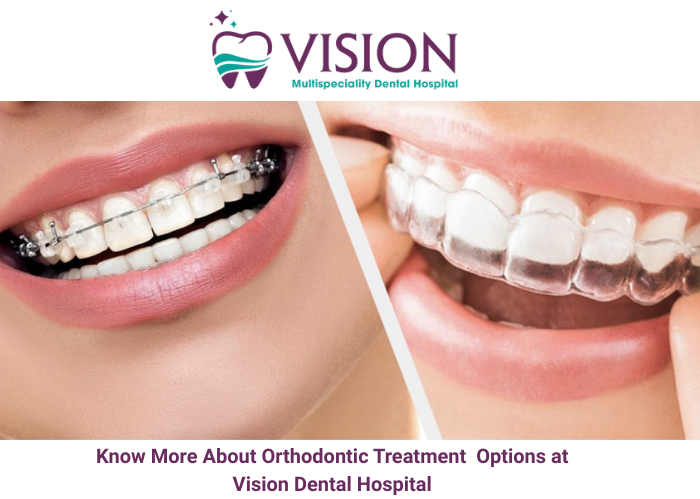
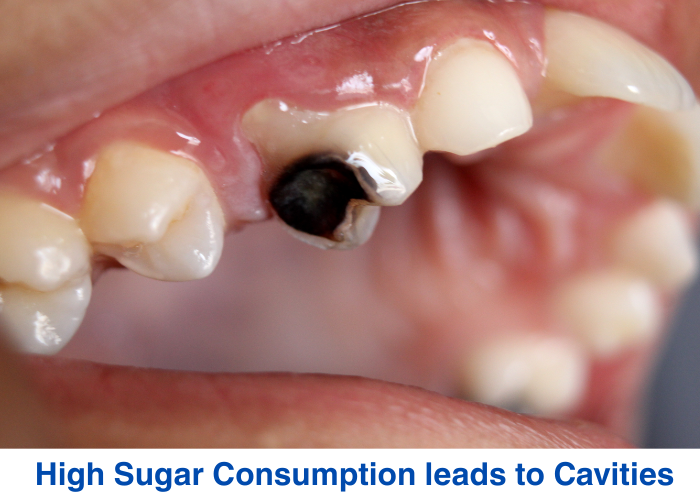

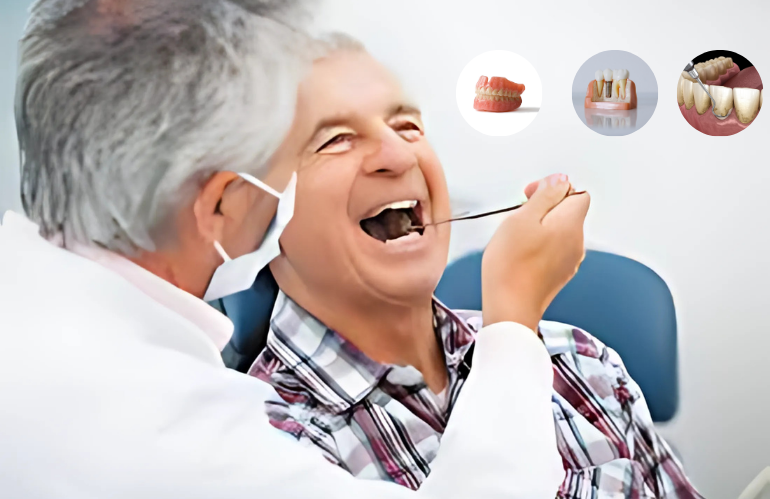

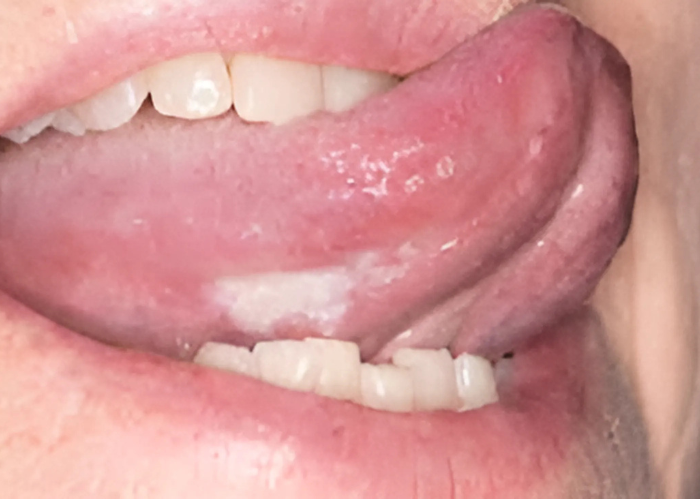
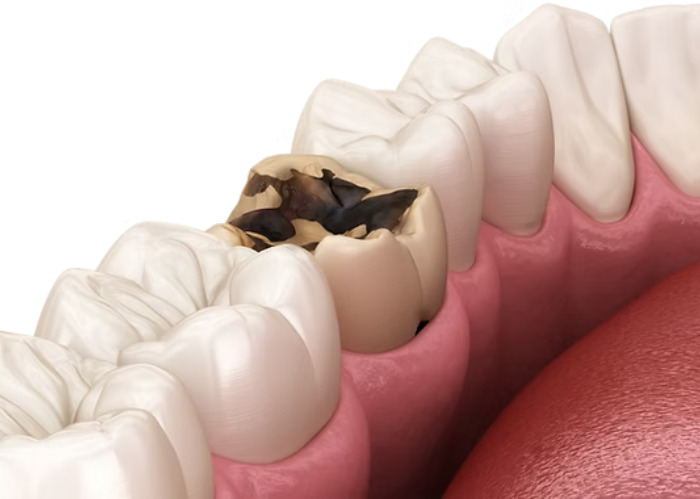




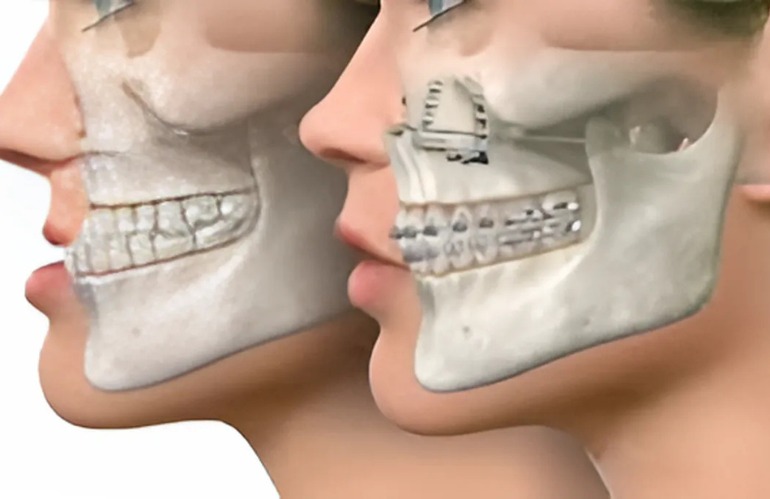

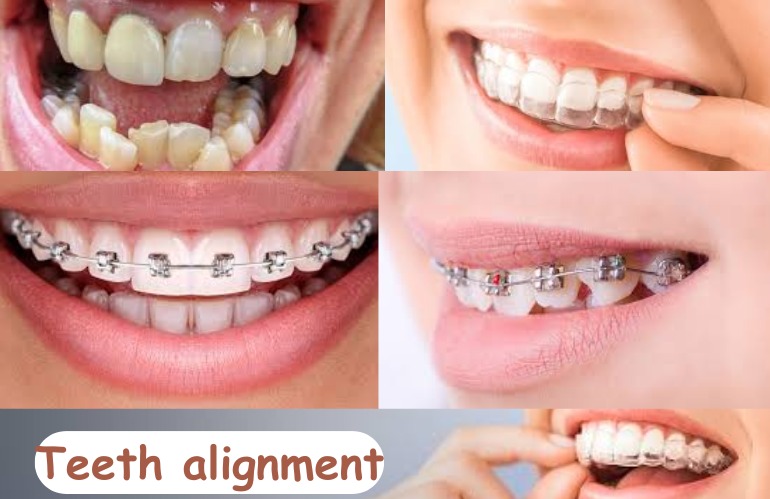
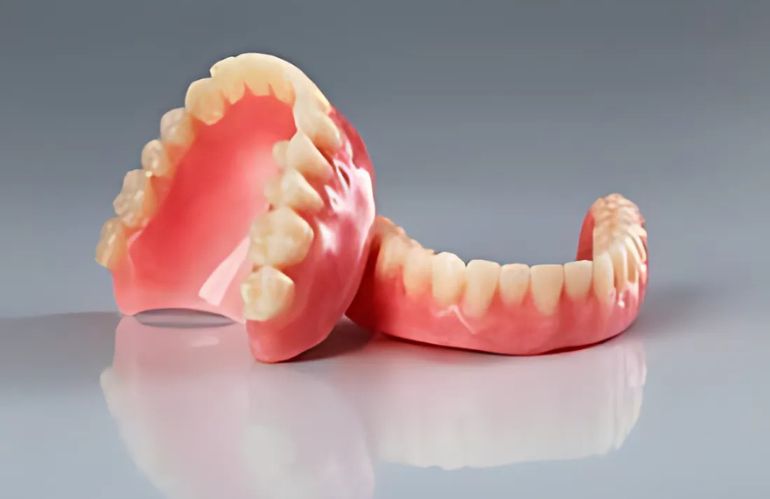
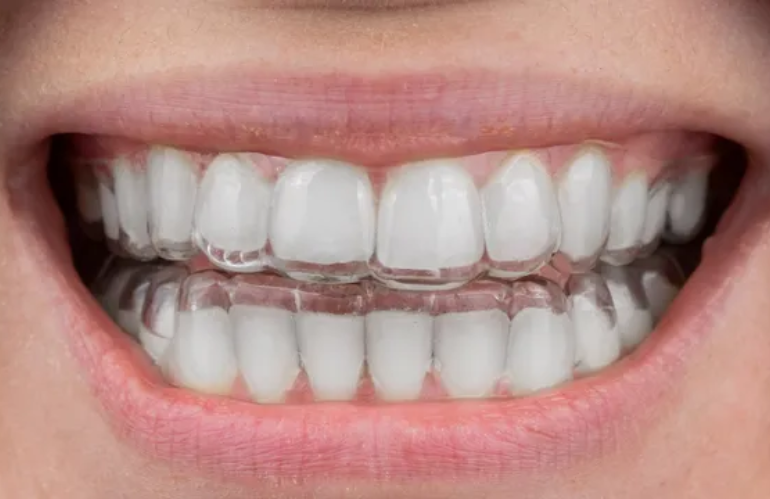
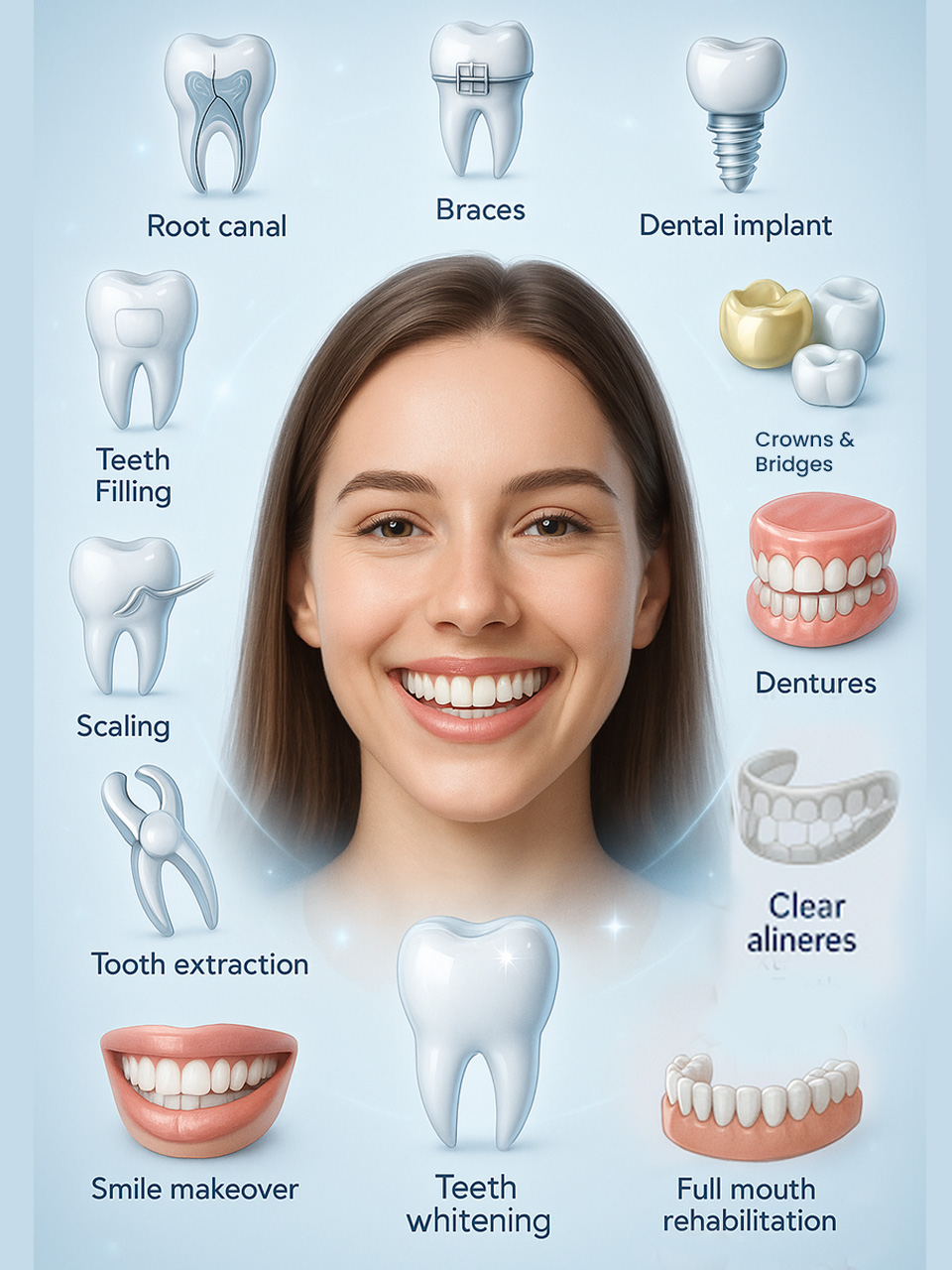
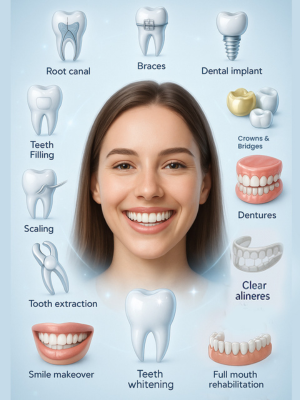
📝 Latest Comments
Name: Stephan Reyes
Comment: Using herbal natural remedy was what got me tested negative to HSV 2 after being diagnosed for years. I have spent so much funds on medications like acyclovir (Zovirax), Famciclovir (Famvir), and Valacyclovir (Valtrex). But it was all a waste of time and my symptoms got worse. To me It is very bad what Big pharma are doing, It’s also crucial to learn as much as you can about your diagnosis. Seek options reach out to👇👇👇👇 WORLD REHABILITATE CLINIC
Name: Rose C Moss
Comment: Powerful Herbal treatment is 100% guarantee for HSV cure, the reason why most people are finding it difficult to cure HSV 1 or 2 is because they believe on medical report, drugs and medical treatments which is not helpful to cure HSV and hasn't proved any sign of helping. Natural roots/herbs are the best remedy which can easily eradicate herpes forever. I never believed it until I was helped and cured of my 16 months genital herpes with natural herbal medicines from Dr Sikies. Where other medical prescribed drugs and treatments failed, Dr Sikies natural herbs helped saved me from Genital herpes permanently and I’m so grateful for this. You can also get help from this great and powerful Herbalist Dr Sikies by reaching himon Email: drsikies@gmail.com / WhatsApp +2348163430143 website to make order now : https://drsikiesherbalcuremedicine.weebly.com/